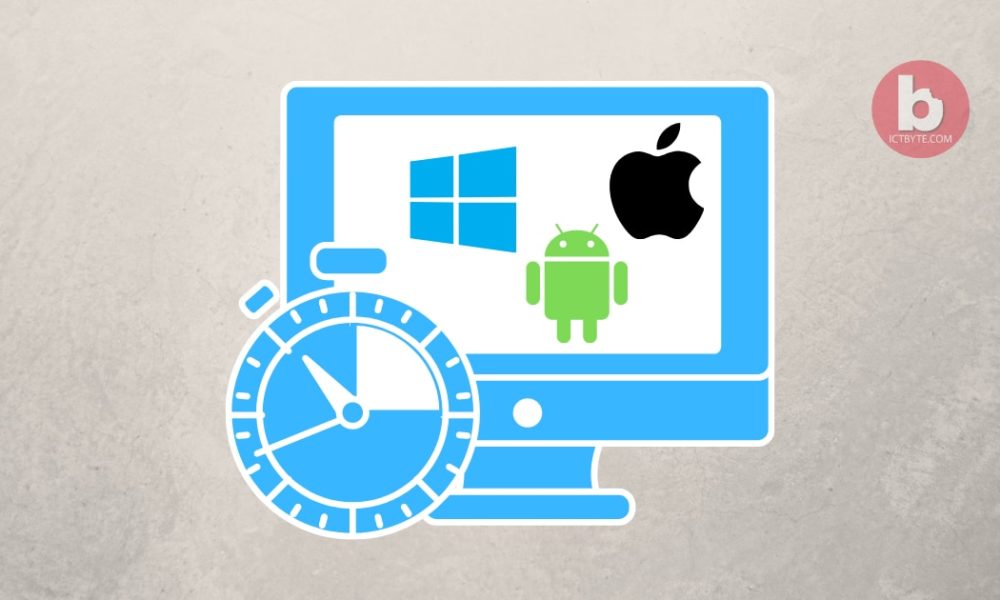
Nowadays people are having a keen interest in shares and share markets. Are you one of them? If you want to own share and trade them, you should know the basics about share and share capital.
In the context of Nepal, share trade has been increased in the past couple of years. Many stock markets have been established to trade the shares. Without any further delay, let’s get into our topic about share and share capital.
What are Share and Share Capital?
A share is a portion of ownership in a company. Shares are issued by the company to raise funds from the public. It is a small unit of the company’s net worth. A share allows the shareholder to an equal claim on profit and loss of the company.
The individual who owns the share of the company is known as a shareholder. Shareholders can trade in the company shares: they can sell them for cash or buy more of them; adding to their control and gaining a larger relative portion of future profits from the company the shares belong to.
Businesses require capital to perform business activities. For this, they raise the amount by selling shares of the company to the public. That amount raised is called “Share Capital”. Each and every company needs share capital to finance its activities.
Companies issues the shares to the existing shareholders or new shareholders. They even repurchase their own shares in order to reduce the amount of issued share capital.
RELATED: Share market in Nepal | IPO Vs FPO
What does Shares represent?
- Owner’s right to the company’s profits.
- A claim over the company’s net worth.
- Provide the authority to make decisions concerning the company.
- Shares are traded on stock markets.
Types of Share Capital
1. Authorized Capital
Authorized capital which is also called Registered or Nominal capital is the maximum amount of share capital that the company can raise through the public by selling shares to them. While registering the company, the Memorandum of Association has to specify the amount of capital with which the company wants to register. The capital with which the company registers is called Authorized/ Registered/ Nominal capital.
2. Issued Capital
Issued capital is the part of Authorized capital which is issued to the public for subscription. The act of issuing share is called Issuance, Allocation, or Allotment. Generally, companies issue the capitals at a time so, the issued capital is less than the authorized capital.
3. Subscribed Capital
Subscribed capital is the part of issued capital which has been taken by the public. When the company issues capital to the public, all the capital is not subscribed by them. It is not necessary that all the issued capital will be subscribed by the public.
4. Called-up and Uncalled Capital
Called-up capital is the part of the subscribed capital. The shareholders may not be able to pay the amount at once but they need to provide some amount in the time of subscribing to the capital. Thus, the capital which the shareholder owe but have not paid is called called-up capital. While the unpaid portion of the subscribed capital is called uncalled capital.
5. Paid-up Capital
The paid-up capitals refers to the amount of money that has been received by the company through the issue of shares to the shareholders. It is the amount of money which the shareholder has paid to the company at the time of purchasing the shares .
6. Reserve Capital
The capital which has not called-up by the company and is available for drawing in case of need. In simple words, reserve capital is the money set aside by the company which will be utilized as per need of the company.
7. Fixed Capital
Every company’s existing assets contain some fixed capital. These assets can be land, mills, buildings, machinery, etc. which are fixed capital of the company.
Knowing these topics of share and share capital will help you to work in share trading. The increasing hype of share and share markets have expanded the vision and interest among the people.
For more information and updates follow our page ICT BYTE on Facebook and Instagram.





